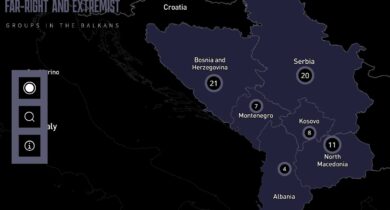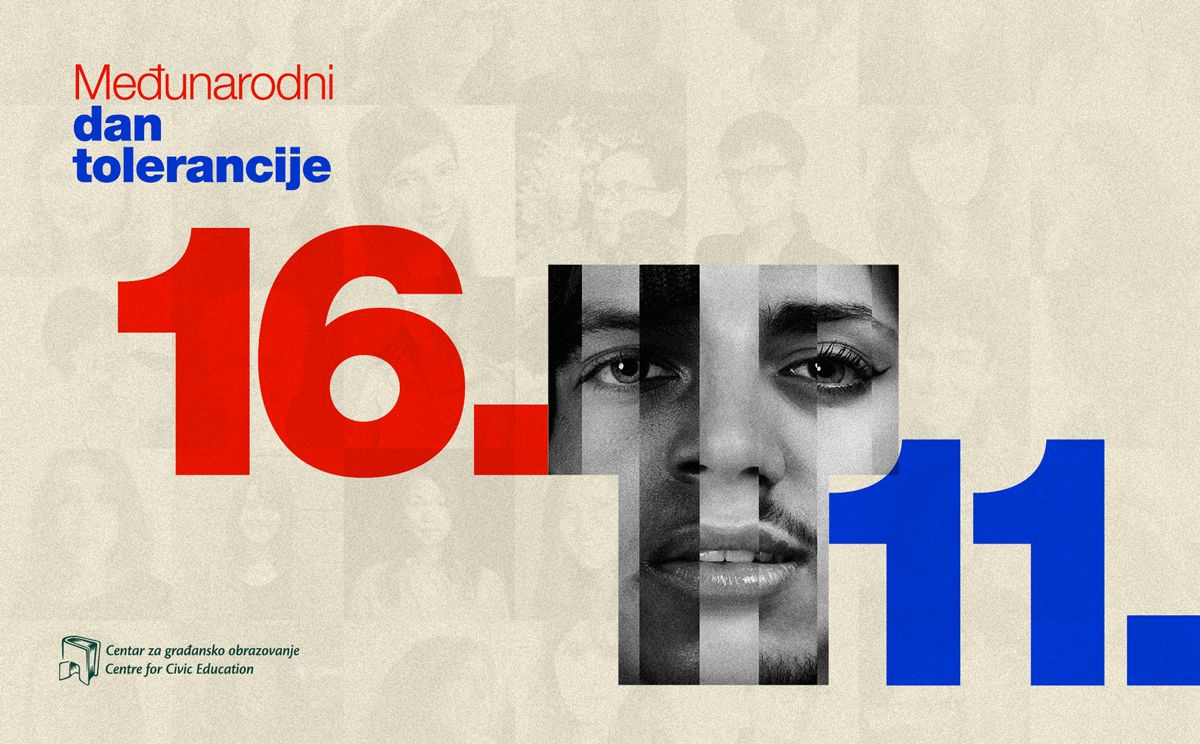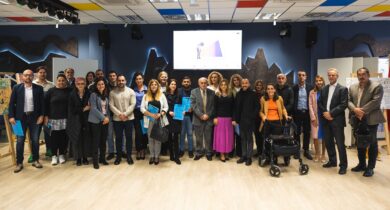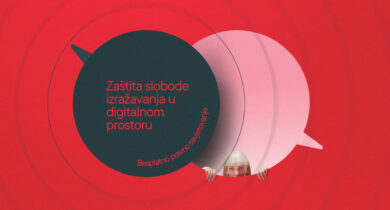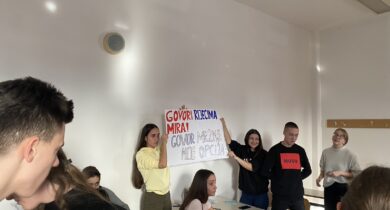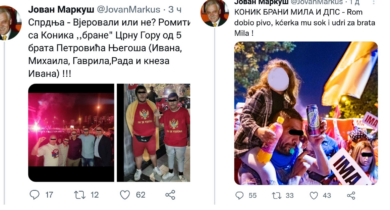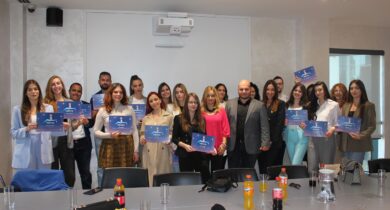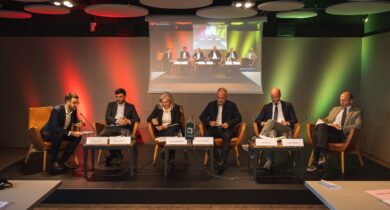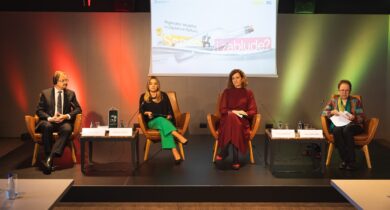Centre for Civic Education (CCE) carefully followed yesterday’s publication of the map of far-right and extremist groups in the Balkans by the BIRN team, which is controversial in the part covering Montenegro as it targets individuals and groups without convincing arguments, equalizing them with extremist structures, and that can have far-reaching consequences for those individuals… »
Actual
Students’ needs are not a priority for the decision-makers
Centre for Civic Education (CCE), on the occasion of 17 November – International Student Day, indicates the unfavourable status of students in Montenegro who are being deprived of quality education, and excluded from many decision-making processes that concern them directly or indirectly, hence further creating negative consequences on their competitiveness on the labour market, professional and… »
Promoting and practicing tolerance in Montenegro is regressing
Centre for Civic Education (CCE) takes an opportunity to stress, on today’s International Tolerance Day, the importance of tolerance and to remind all that respecting and appreciating differences is a precondition to peace, stability and progress of each society. CCE assesses that we are witnessing regression when it comes to promoting and practicing tolerance, on… »
23 projects of civil society organizations supported through the M’BASE programme
“Active civil society preserves the civic tissue of Montenegro, it is fundamental in giving citizens a voice initiating positive changes and establishing balance in society, it is an important partner in the Europeanization of Montenegro, and therefore has the strong support of the EU”, it was emphasized today during the contract signing ceremony with organizations… »
Free legal advice for citizens in cases of violation of rights through social media
Centre for Civic Education (CCE) will provide free legal counseling to citizens in cases of violation of digital rights through social media until mid-February 2023. The development of the Internet, and especially social networks, greatly influenced the way of communication and provided new opportunities for the exchange of information and opinions, which also gave freedom… »
Youth of Tuzi and Podgorica learn about blocking hate, sharing love
Centre for Civic Education (CCE), on 10 and 11 November, organized the workshops “Youth Blocking Hate, Sharing Love!” at the Secondary Mixed School “25. maj” in Tuzi, Gymnasium “Slobodan Škerović” and High School of Economics “Mirko Vešović” in Podgorica. The “Youth Blocking Hate, Sharing Love!” workshops aimed to educate young people about what hate speech… »
Jovan Markuš is spreading the hate speech against roma and violating children’s rights
Six non-governmental organizations – Human Rights Action (HRA), Association Spectra, Center for Women’s Rights (CWR), Centre for Civic Education (CCE), Montenegrin LGBTIQ association Queer Montenegro and NGO Prima – condemn hate speech against Roma and violation of children’s rights by Jovan Markuš, a former member of the National Commission for UNESCO. After the sexism he… »
On the concept and importance of consumer rights through training of future legal professionals
The Academy on Consumer Rights was successfully completed with a visit to the Ministry of Economic Development and Tourism (MEDT) and the awarding of diplomas, as part of the “Informed Consumer – Safe Consumer” project, implemented by the Centre for Civic Education (CCE) with the support of the Ministry of Economic Development and Tourism (MEDT).… »
The goal of any regional initiative should be peace and prosperity in the Western Balkans
The goal of any regional initiative should be peace and prosperity in the Western Balkans, and the path to that is the European Union (EU) enlargement process and the recently revitalized Berlin process. This was announced in the second part of the conference “Regional initiatives in the Western Balkans – costs and benefits?“, organized by… »
Montenegro urged to adhere to standards leading to the EU
Montenegro should strictly adhere to the standards and practices leading towards the European Union (EU), and as for other initiatives outside the Berlin process, such as the Open Balkans, must remain cautious, it was assessed at the first part of the conference “Regional initiatives in the Western Balkans – Chances and Pitfalls?”, organized by the… »

